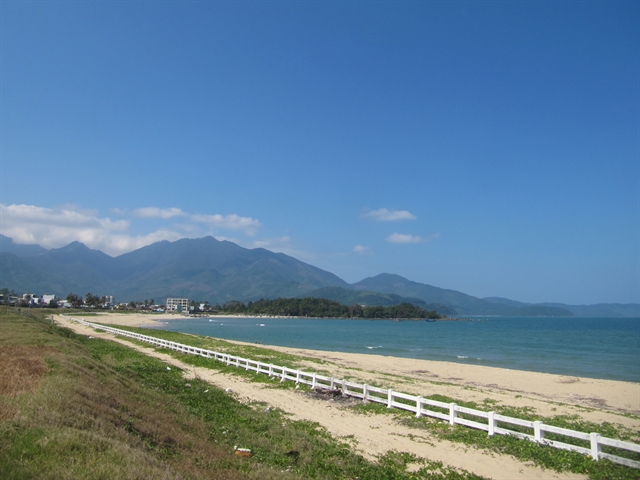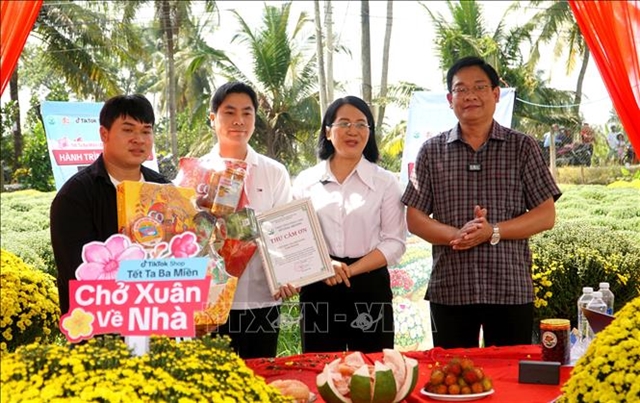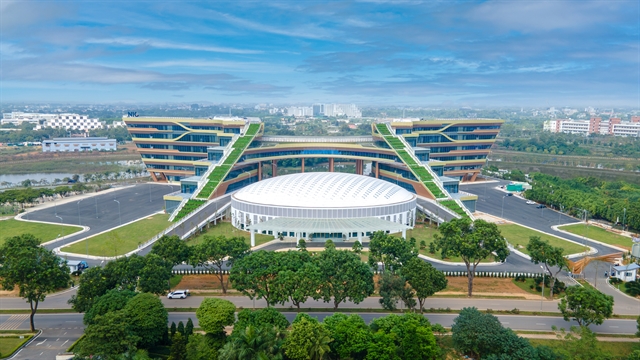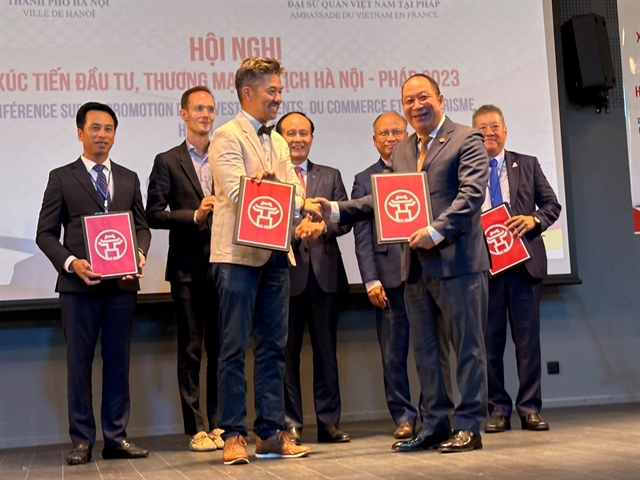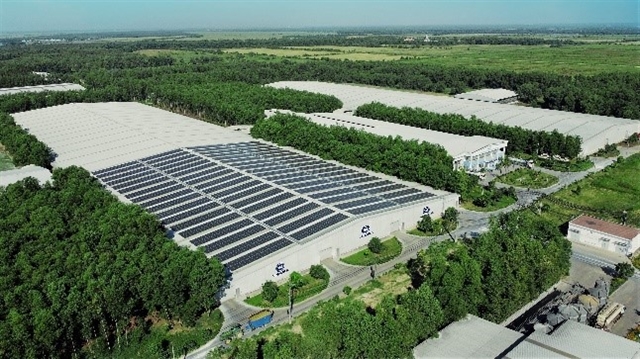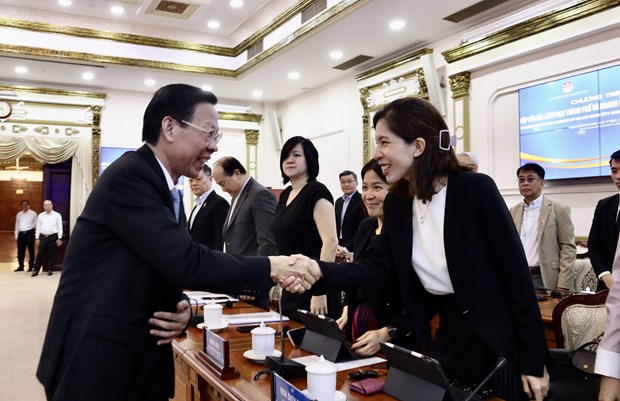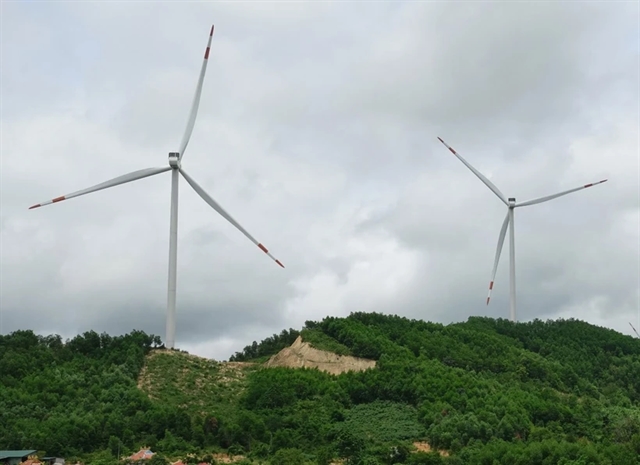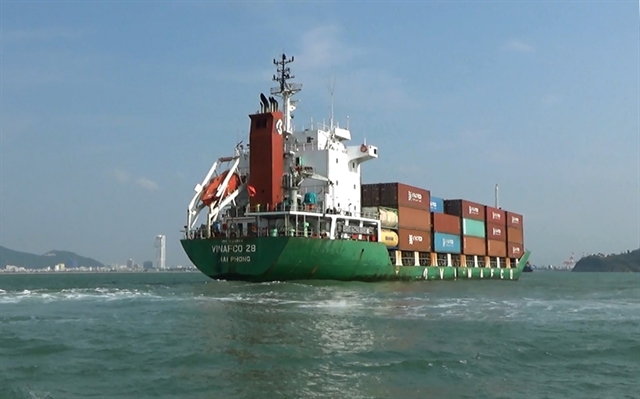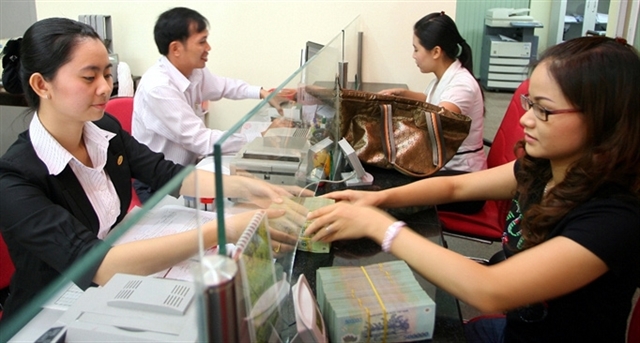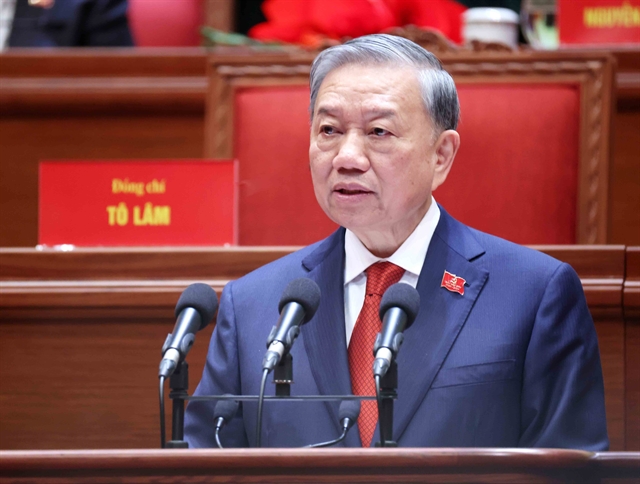
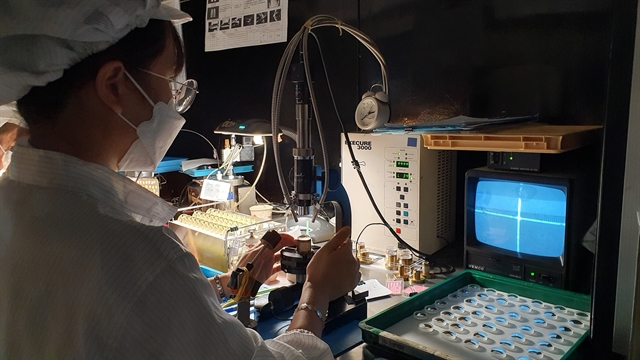
|
| A worker checking a product at a factory of R Technical Research Vietnam Co Ltd in Hòa Bình Province. — VNS Photo Ly Ly Cao |
HÀ NỘI — Sustainability and green production are now becoming measures for business growth as foreign and domestic consumers are more concerned about environmentally friendly products and services throughout the entire production and usage process.
Given many distinct potentials, competitive advantages and diverse resources, Hoà Bình Province is pursuing sustainability on the basis of innovation, creativity, practical application, and the establishment of models that promote sustainable production and consumption.
As a result, the province has promptly issued Decision No. 2583/QD-UBND to implement Prime Minister's Decision No. 889/QD-TTg on the National Action Programme on Sustainable Production and Consumption for the period 2021-30.
Based on the provincial decision, Hoà Bình Province has integrated and implemented various projects, programmes, and plans, such as the Industrial and Cottage Industry Development Project for the period 2021-25, the Industrial Development Assistance Programme for the period 2021-25, the Environmental Protection Plan of the Ministry of Industry and Trade for Hoà Bình Province for the period 2021-25, and the project to promote direct participation of Vietnamese enterprises in foreign distribution networks by 2030.
The province has supported approximately 50 per cent of businesses in the distribution sector by providing guidance and implementing solutions for cleaner production and energy conservation.
It has also achieved a 60 per cent reduction in the use of non-biodegradable packaging in local markets, residential areas, and commercial centres, including supermarkets.
Moreover, around 55 per cent of businesses in industrial parks and clusters have embraced environmentally friendly and technologically innovative approaches, while about 70 per cent of enterprises have participated in the production and supply chain of safe agricultural and food products.
There is a particular emphasis on assisting small- and medium-sized firms (SMEs) in establishing clean production chains in diverse industries such as agriculture, forestry, aquaculture, construction, consumer products, mechanical engineering, and electronics.
This assistance includes putting them in touch with supermarket chains and retail distribution centres. This creates a strong link between green production, green distribution, and green consumption.
Hoà Bình Province will allocate funds to organise and carry out tasks related to priority groups aimed at promoting sustainable production and consumption, changing consumer habits, raising community awareness, and driving the sustainable production and consumption process towards a circular economy.
The province will develop material consumption norms in industries, with a particular emphasis on critical areas such as textiles, plastics, chemicals, cement, alcoholic beverages, paper, seafood processing and other major industries.
Furthermore, pilot projects will be implemented to recover, reuse, and recycle waste in processing industries, while "Green Business Points" will be established to support sustainable practises.
Extensive support will be provided to businesses, including high-quality workforce training, to ensure successful implementation while strengthening trade promotion and increasing ties between manufacturers, distributors, and consumers.
At the international conference on green development in Jiangsu, China on October 18, Vice Chairman of Hòa Bình Provincial People's Committee stated that Hoà Bình Province is attracting investments in green industries, agriculture processing, tourism, and eco-friendly urban development. The local authority is prioritising necessary infrastructure, such as transportation and electricity, to facilitate investment opportunities.
However, there are still some drawbacks along the path. As it is a mountainous province, a majority of SMEs have limited access to advanced equipment and technologies.
This results in significant energy waste during production processes. The small-scale production and financial constraints further hinder these businesses from investing in modern equipment for high energy efficiency and accessing advanced, environmentally friendly technologies.
In addition, some businesses mistakenly confuse activities related to technical support and monitoring for cleaner production with environmental auditing and inspection activities. — VNS


